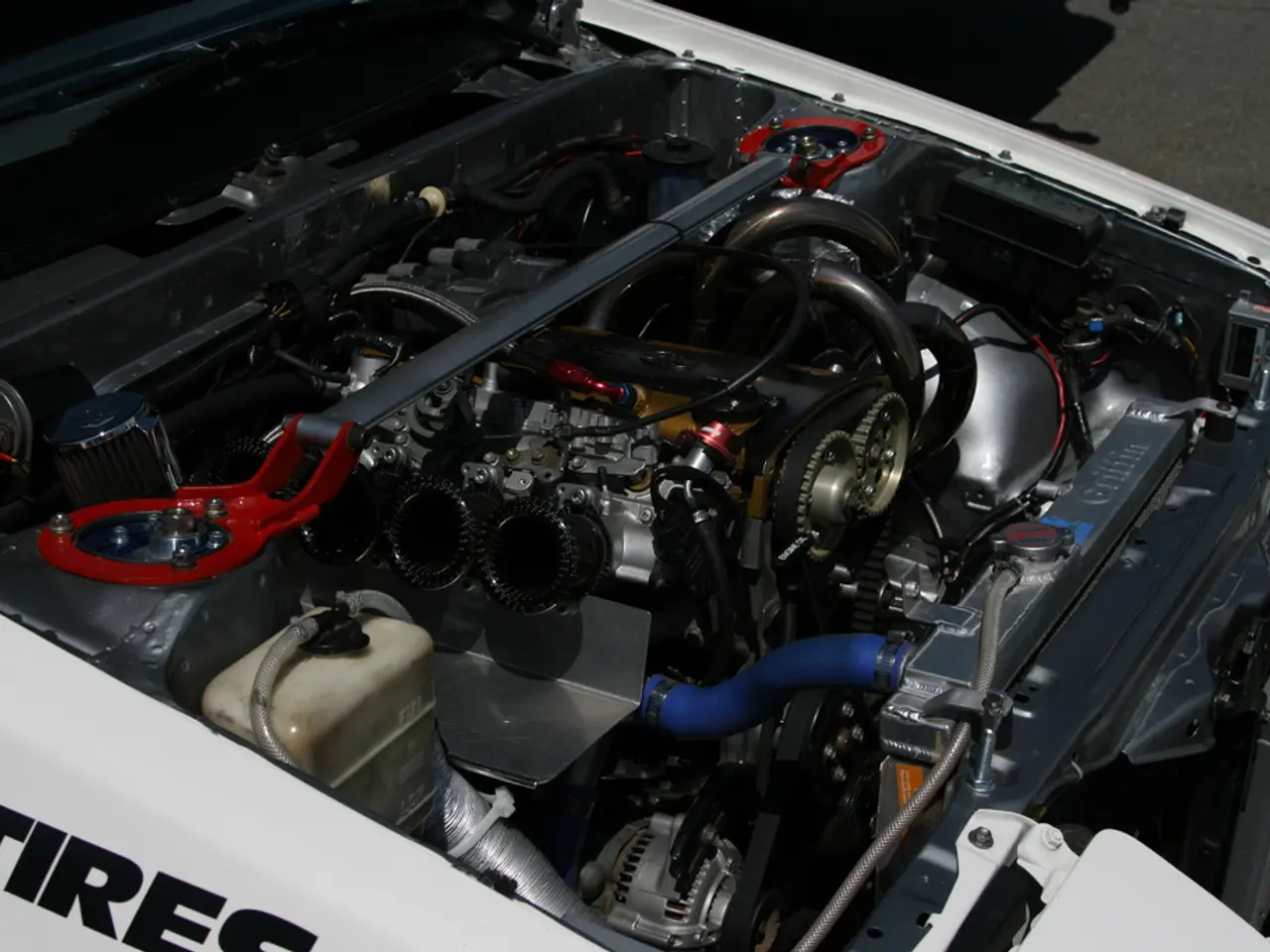Renault increasingly opts for economical LFP batteries for its electric vehicle production.
Renault, the French automobile manufacturer, is making strides in catching up with Chinese manufacturers in terms of Lithium Iron Phosphate (LFP) technology. This was announced by the company's Provost at the IAA Mobility show in Munich.
Currently, Renault, like most European manufacturers, uses the more expensive Nickel Manganese Cobalt (NMC) chemistry for its electric vehicles. However, the company aims to change this with the expansion of its LFP battery offerings.
Renault has announced plans to source LFP batteries from both LG and the Chinese supplier CATL by 2026. This move is part of the company's "Renaulution" strategy, which includes the introduction of affordable LFP versions for each model, as well as more powerful NMC versions.
The revised Megane E-Tech Electric will soon be equipped with an LFP option. This model, along with its related Scenic, currently uses NMC batteries supplied by LG in Poland. The Megane E-Tech Electric will receive an LFP option as part of a facelift in 2026, positioning the model more as a "performance vehicle."
So far, Renault has only announced LFP batteries for the new Twingo and its sister brand Dacia. However, the company did not specify which other models will be equipped with LFP versions in the future.
Given China's leading role in LFP battery technology, it is a likely supplier, at least until European cell manufacturers increase their capacities. It is expected that Renault will most likely use CATL as the supplier of LFP battery cells for more electric cars announced under the "Renaulution" plan.
In addition to the Megane E-Tech Electric and the new Twingo, other electric vehicles planned under the Renaulution plan include the Renault 5, Renault 4, and Scenic. No specific models have been announced to receive LFP batteries apart from these three.
Last year, around 75% of Electric Vehicles (EVs) sold in China used LFP technology, compared to only about 10% in Europe. This shift towards LFP technology in Renault's offerings is a strategic move to compete with the market trends in China and potentially Europe in the future.
Read also:
- Show a modicum of decency, truly
- Advanced Brabus Model Not Suitable for Inexperienced Drivers
- AI-Powered X-Nave Platform and Fresh Gaming Content to be Demonstrated by EGT Digital at SBC Summit Lisbon Event
- European consumers are on the brink of experiencing a significant leap forward in electric vehicle (EV) charging technology, as Chinese automaker BYD prepares to unveil its innovative advancements.








